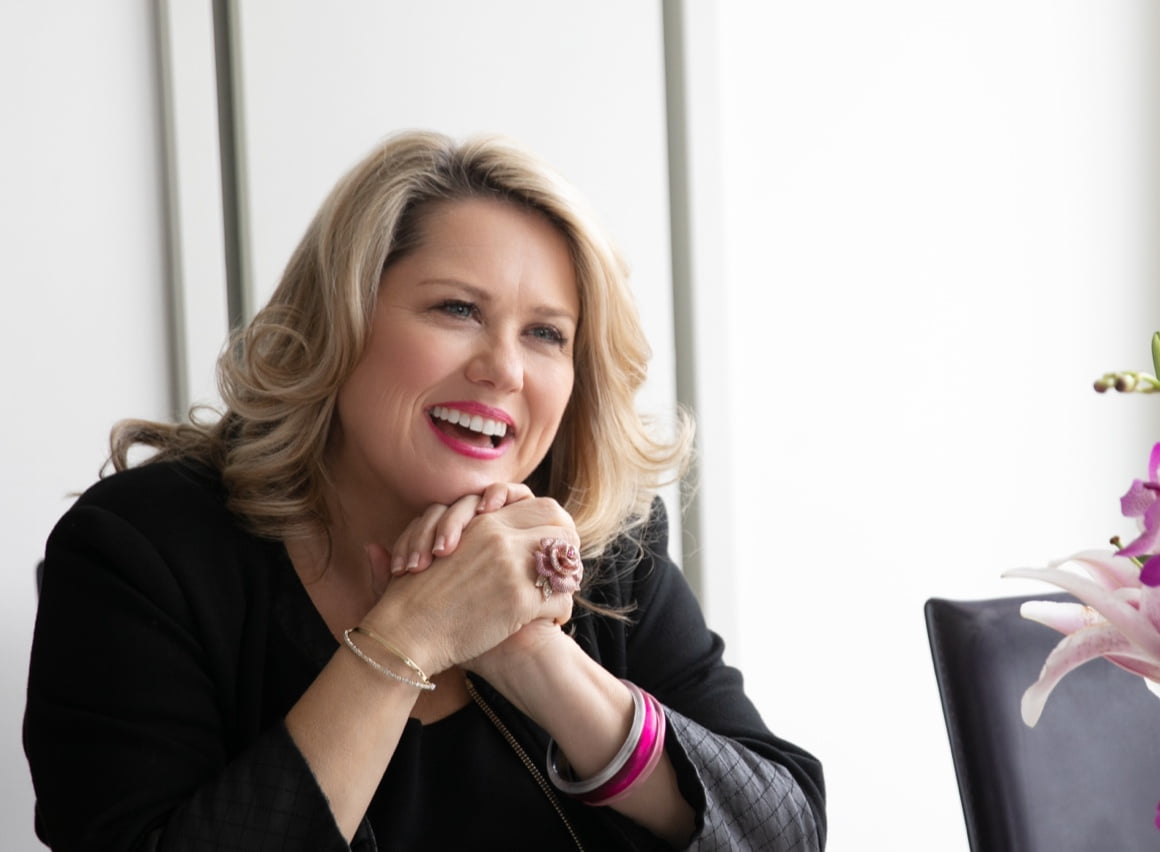A CEO recently asked me, “Neen, how do we build a culture of accountability?”
She’s super smart (and stylish) and is focused on developing her leadership team to achieve MASSIVE goals this year. She’s doing all the right things, she has a talented team, and she asked me to be part of their quarterly leadership events this year.
If you have a copy of our book, Attention Pays, you will know the subtitle is: “How to drive profitability, productivity, and accountability.” I have been obsessed with accountability since I was really little (well I am still little, but you know what I mean). So, the good news is, I was able to tell her that with an implementable set of systems and strategies, it’s an easy question for me to answer. Here’s how I am helping her and the team—and this might be helpful for you too!
How can you build accountability on your team?
Role model it.
If you want to help create a culture of accountability in your team you need to role model it. That means having integrity—do what you say you will do!
One CEO I worked with kept telling me she wanted to write a book so I challenged her in January to write for just 15 minutes a day. Guess what? By December of that same year, she opened a carton of books with her name on the front cover! One of my executive coaching clients wanted to grow his following on LinkedIn but kept complaining about it so I challenged him to invest 15 mins a day and within 90 days he’d build a new LinkedIn community of 5000+ people and he also received a book deal and several speaking engagements as a result! They both stayed accountable to me as their coach, and they made it happen! Sometimes the best accountability buddies are family members—one of my fave CEO’s Jenn took a Spring break recently and her 8-year-old kept her from ‘working’ on her vacation.
I even have my own accountability partner! Every Monday I send her a list of items and goals I will complete that week and then every Friday I report on progress (admittedly, sometimes I am scrambling on Thursday night to cross things off that list!) … but it works for me and we have been doing it for many years now. Publicly showing your own personal accountability systems gives your message and your goal a model that reflects not only on you, but on your team as well.
Reinforce it.
Through collaboration and communication, you can help set up standards and then reinforce messaging in 1:1s, Town Halls, and professional development.
Focus on the language you use, and avoid words like “try.” If someone tells you they will “try to make your event” you and I both know they aren’t coming! “Do or do not. There is no try,” according to the modern-day philosopher Yoda.
Communicating consequences to the team is an important part of building a culture of accountability. If people understand the WHY they will do the WHAT. Simple.
Include accountability in recruiting and make it a competency of the job description and tailor your interview questions when attracting new talent.
Need more ideas? Check out page 82 of Attention Pays.
Build accountability plans.
It doesn’t have to be complicated, and only four items are required:
- Owner – who will own the project or task?
- Actions – what actions need to be completed?
- Timeframe – what is the deadline?
- Consequences – what are the consequences if it doesn’t happen?
Accountability helps you stay current and relevant as a leader. It requires us to be PROACTIVE, rather than REACTIVE.
It’s a common tactic, but an effective one: if you tell someone you are going to do something you are so much more likely to get it done. But if you don’t … you might let yourself off the hook. Actively leading in accountability helps you build commitment in the team and allows you to communicate your standards. It also reinforces your team charter (If you don’t have one of those, let me know, we have facilitated several leadership meetings to help teams determine a strategic leadership team charter!).
We will pay for accountability.
Here’s what I mean by that: we pay professional services (coaches, accountants, lawyers), we pay personal trainers (in my case I pay Jennifer Jacobs to kick my butt, and she’s fierce, see her Instagram here or her website JMethod) and we pay piano teachers (my apologies to my piano teacher—I hated practicing scales but mum made sure I followed through!)
Paying in money, time, or energy helps us stay accountable. When we work with a team we have a proprietary Focus model we apply to every speech, strategic consulting opportunity, and strategic coaching session:
- Assess the Challenge
- Invest in Solutions
- Systemize the Habits


